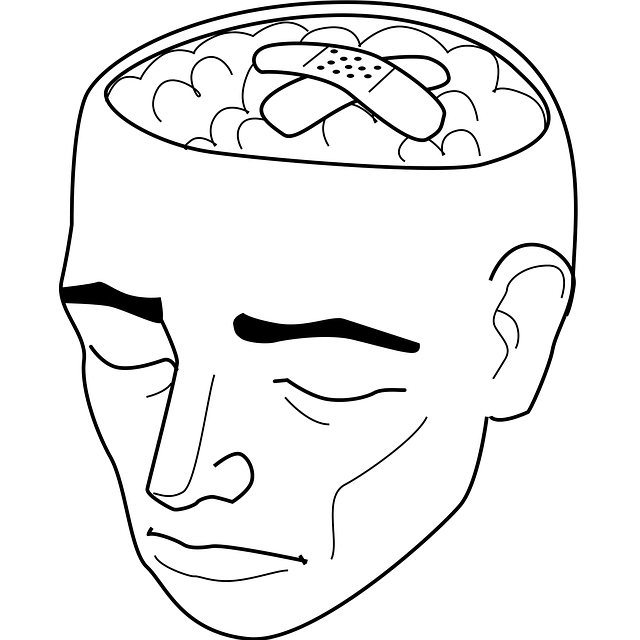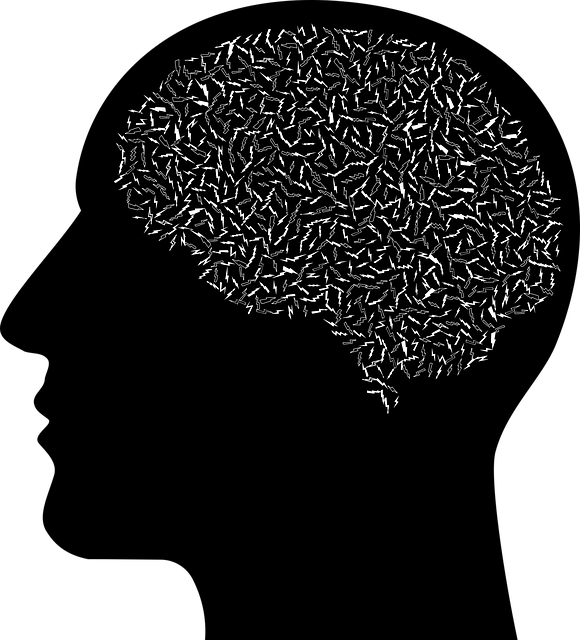Mental health issues among children, such as anxiety, depression, ADHD, and autism, significantly impact their development. Early intervention through tailored therapy, including gender-affirming care, is vital for resilience and healthy coping. Comprehensive mental health education aims to destigmatize mental illness and empower children to seek help. Therapy for children with a focus on gender-affirming care should validate self-expression and create safe spaces, integrating risk assessments for personalized interventions. Integrating diverse therapeutic approaches, like cognitive-behavioral therapy, art therapy, and mindfulness, fosters well-being, especially for transgender or non-binary youth.
Mental health issues among children have become a paramount concern, necessitating comprehensive and inclusive educational programs. This article explores vital aspects of designing effective interventions. We begin by providing a detailed overview of mental health challenges specific to children, focusing on early identification and prevention strategies. Subsequently, we delve into the creation of gender-affirming care programs, crucial for fostering optimal child wellbeing. Finally, we integrate therapeutic approaches, offering evidence-based strategies for successful mental healthcare delivery tailored to young minds.
- Understanding Mental Health Issues in Children: A Comprehensive Overview
- Designing Gender-Affirming Care Programs for Optimal Child Wellbeing
- Integrating Therapeutic Approaches: Effective Strategies for Success
Understanding Mental Health Issues in Children: A Comprehensive Overview

Mental health issues among children are becoming increasingly recognized as a significant concern in modern society. It’s crucial to understand that childhood is a pivotal period where mental wellness lays the foundation for future development. From anxiety and depression to more complex conditions like ADHD or autism spectrum disorder, these challenges can significantly impact a child’s ability to learn, socialize, and thrive. Early intervention and appropriate support are key to fostering resilience and healthy coping mechanisms in young individuals.
A comprehensive mental health education program should aim to destigmatize mental illness, especially among children and adolescents. By incorporating therapy for children tailored to their unique needs, such as gender-affirming care, programs can create safe spaces for open dialogue. This approach facilitates not only the identification of issues but also empowers children to seek help proactively. Moreover, focusing on stigma reduction efforts, self-esteem improvement, and trauma support services ensures that mental health education is holistic, addressing the diverse needs of children facing various mental health challenges.
Designing Gender-Affirming Care Programs for Optimal Child Wellbeing

Designing programs that centre around gender-affirming care is paramount when creating mental health education for children. This approach recognises the inherent connection between a young person’s identity and their emotional well-being, especially in navigating complex issues related to gender dysphoria or non-conformity. By implementing these strategies, therapists can foster an environment of safety and acceptance, crucial elements for effective therapy.
Effective mental health education programs design should incorporate communication strategies that validate and respect a child’s self-expression, regardless of their gender identity. This involves training mental health professionals to assess risks specific to this population, such as increased rates of discrimination or social isolation. By integrating these considerations into the treatment plan, professionals can ensure that interventions are tailored to support each child’s unique needs, ultimately contributing to improved outcomes and enhanced wellbeing.
Integrating Therapeutic Approaches: Effective Strategies for Success

Integrating therapeutic approaches is a pivotal aspect of designing successful Mental Health Education Programs. When crafting these programs, especially for vulnerable populations like children, it’s essential to incorporate diverse strategies that cater to individual needs. For instance, gender-affirming care has shown remarkable benefits in fostering resilience and well-being among youth identifying as transgender or non-binary. This approach, alongside traditional therapy, can help participants develop coping skills tailored to their unique experiences.
Effective programs should blend evidence-based practices such as cognitive-behavioral therapy with innovative techniques like art therapy and mindfulness exercises. Such integration enables a holistic understanding of mental health, where Stress Reduction Methods are not just taught but experienced. By doing so, the programs empower individuals to navigate challenges, promote self-care, and ultimately enhance their overall resilience.
Mental health education programs play a pivotal role in fostering healthy development and well-being among children. By incorporating comprehensive insights on mental health issues, gender-affirming care, and diverse therapeutic approaches, we can create supportive environments that cater to the unique needs of all children. Integrating these strategies ensures effective support for young individuals, promoting resilience and overall mental health. This holistic approach, emphasizing both understanding and action, is key to revolutionizing therapy for children and providing inclusive gender-affirming care.








